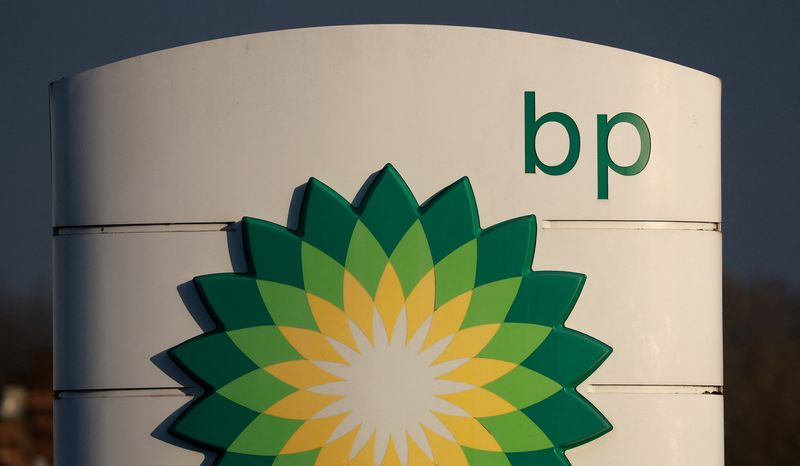BP’s third-quarter financial results for 2023 revealed a profit of $2.3 billion, marking a significant decline of 30% compared to the previous year. This profit, while exceeding analysts’ expectations of $2.05 billion, represents the lowest quarterly earnings for the company since the fourth quarter of 2020. The downturn in profitability has been attributed to reduced refining profits and weakened oil trading conditions, further exacerbated by a global economic slowdown and diminishing oil demand, particularly in China. As CEO Murray Auchincloss faces increasing scrutiny from investors regarding BP’s energy transition strategy, there is a heightened focus on improving the company’s overall performance to restore confidence.
The underlying replacement cost profit, which BP uses to define net income, reached $2.27 billion in the third quarter. This figure reflects a notable decrease from the $2.8 billion profit reported in the previous quarter and a sharper drop from the $3.3 billion profit a year earlier. Although the third-quarter profits surpassed market expectations, the trajectory of earnings this year indicates a significant downward trend, aligning with broader macroeconomic challenges affecting the energy sector and market volatility.
In response to the challenging market environment, BP has opted to maintain its dividend at 8 cents per share, a decision that follows a prior increase in the previous quarter. This strategic move is likely aimed at providing some level of reassurance to shareholders amid ongoing economic headwinds and fluctuating oil prices. The company also plans to continue its share buyback program, with a commitment to allocate $1.75 billion over the next three months, signaling a focus on returning value to investors despite the current profit decline.
The sustained pressure on BP’s profitability underscores the ongoing challenges faced by energy companies amid shifting market dynamics. With global oil demand showing signs of weakening, particularly due to uncertainties in the Chinese market, BP must navigate these complexities while also progressing on its energy transition commitments. The balancing act between embracing sustainable energy initiatives and maintaining short-term profitability has become increasingly critical for the company as it seeks to adapt to the evolving energy landscape.
Investors have expressed concerns regarding BP’s ability to effectively implement its energy transition strategy without sacrificing financial performance. The significantly lower profits in the third quarter might intensify scrutiny over management’s decisions and long-term vision for transitioning to renewable energy sources. In this context, CEO Murray Auchincloss’s leadership and strategic focus will be crucial in addressing stakeholder anxieties and steering the company through both challenging and transformative periods.
As BP looks ahead, the company faces a multitude of challenges and opportunities. The ability to optimize its operations amidst a downturn while also committing to a transitioning energy future will be pivotal. Investors and analysts alike will be watching closely to see how BP navigates the intricacies of a changing energy market, improves upon its performance metrics, and ultimately, positions itself for sustainable growth in the years to come.

